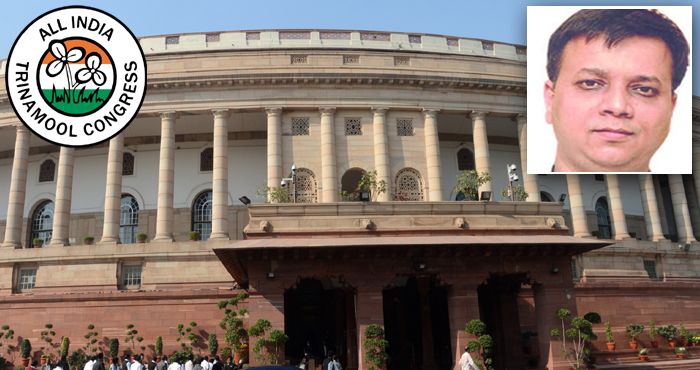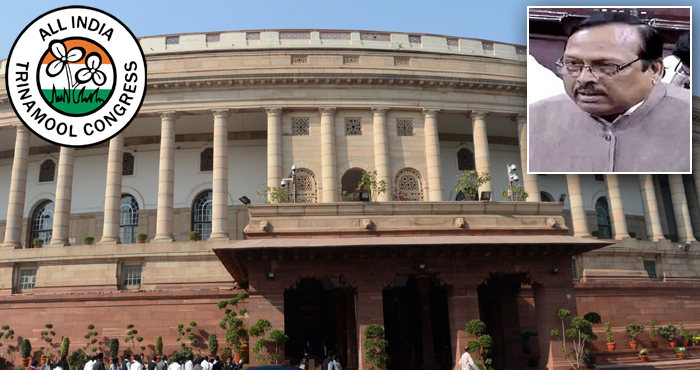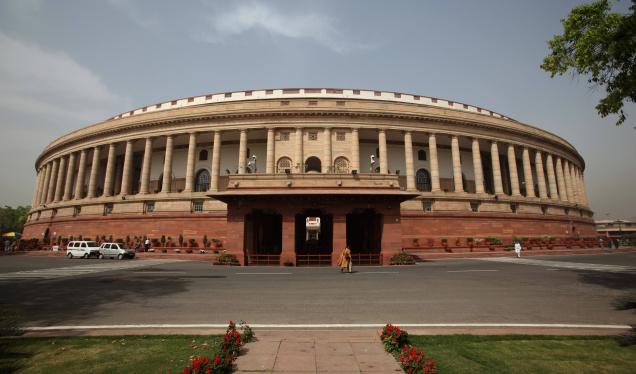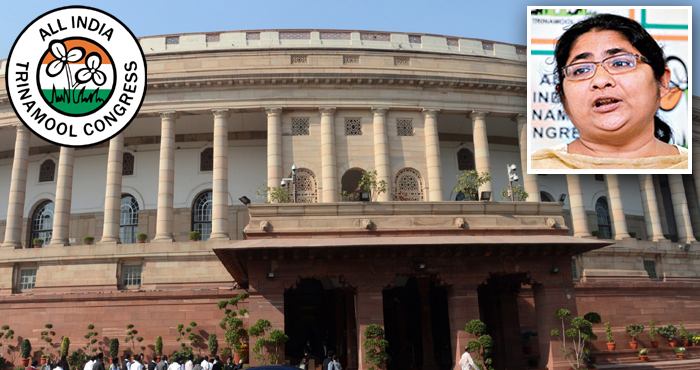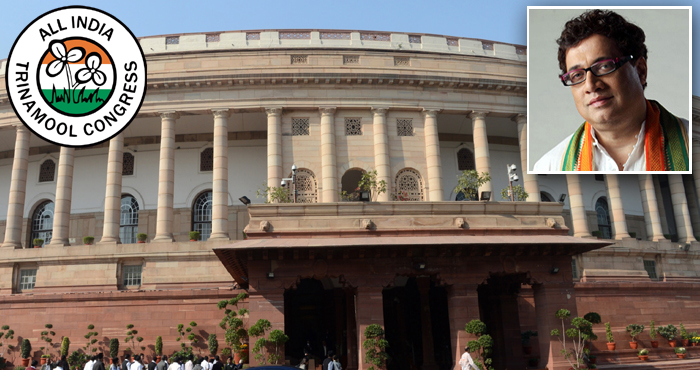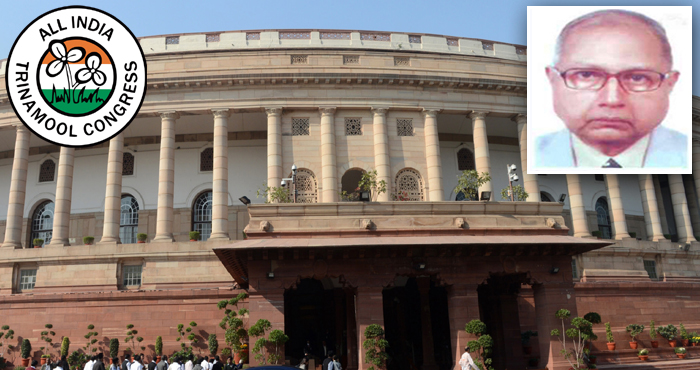FULL TRANSCRIPT
Sir, I am confused as to whether we are discussing The Finance Bill – within the meaning of Article 117 of the Constitution of India – or a Presidential proclamation of Financial Emergency under Article 360 of the Constitution.
After going through this Finance Bill it appears that through this Bill at least 75 amendments have been proposed to existing sections and 22 new sections have been inserted in the Income Tax Act, 1961, some of which have given the retrospective effect from the year 1962 (when The Income Tax Act was commenced).
If the situation is such that so many amendments are required to be effected in the Income Tax Act or so many new sections are to be inserted then it was better to have a new Act replacing the one. That would have been the ideal situation. But I am sorry to say that the Government has not taken the normal route but has done a bypass surgery of the legislative system.
Sir, propriety demands that instead of 87 amendments or new sections, this Income Tax Act, 1962 ought to have been repealed and replaced by a new legislation.
In this Finance Bill there are many provisions made by the Government, which are against the spirit of the Constitution. First of all I would like to refer to Clause 50 whereby the Section 132 of the Income Tax Act has been sought to be amended which has already been mentioned by some of the honourables and distinguished members of this August House. In Clause 50 enormous power has been given to the Income Tax authority and powers of Affiliate Tribunals have been taken away, in a way which is against the judgment of the Supreme Court.
Firstly, “it is proposed to insert an Explanation after the fourth proviso to the sub-section (1) of s. 132 so as to provide that the reason to believe recorded by the income-tax authority specified therein under the said sub-section shall not be disclosed to any person or any authority or the Appellate Tribunal. Therefore whatever the income tax authority will decide that is sacrosanct and nobody can question on that.” So this is a draconian provision; this is a draconian amendment.
Secondly, again in another explanation for the removal of doubts, “it is hereby declared the reason to believe for making the requisition as recorded by the income-tax authority shall not be disclosed to any person or any authority or the Appellate Tribunal.”
So the decision of the Income Tax authority is final and it cannot be questioned. This is against the principles of natural justice. It can be questioned only before High Court or Supreme Court. So, one assessee will have to run to the High Court or Supreme Court under Article 226 or Article 32 to challenge if an Income Tax authority has taken a decision against him and no authority can challenge that. It cannot be questioned by any other authority, particularly the tribunal. How come? This is trend of authoritarianism that the existing practise is being done away with.
Sir, again, he says after sub-section 9A, another sub-section has been proposed to be inserted – that is 9B – that during the course of the search or seizure or within a period of sixty days from the date on which the last of the authorisation search was executed, the authorised officer for reasons to be recorded in writing is satisfied that for the purpose of protecting the interest of revenue, it is necessary so to do, he may with the previous approval of the Principal Director General, or Director General, or Principal Director, or Director by order in writing, attach provisionally any property belonging to the assessee. I need not elaborate because Mr Kapil Sibal has already elaborated this point.
Unflinching power has been given to these income tax authorities, they can raid any premises, search, seize and even attach. This is a shameful situation without any authority of law. So, this authority of law has been given to the Income Tax authority. For the seventy years since independence there was no scope for any harassment of this kind, which has been sought to be introduced by this legislation. I condemn this, I oppose this.
How the powers of the tribunals have been curtailed through the Finance Bill? What do the Articles 110 and 117 of the Constitution say? Article 117(1) says, “A Bill or amendment making provision for any of the matters specified in sub clauses (a) to (f) of clause ( 1 ) of article 110 shall not be introduced or moved except on the recommendation of the President and a Bill making such provision shall not be introduced in the Council of States: Provided that no recommendation shall be required under this clause for the moving of an amendment making provision for the reduction or abolition of any tax.”
So it relates to Money Bills.
Now, let’s come to Article 110(1):
For the purposes of this Chapter, a Bill shall be deemed to be a Money Bill if it contains only provisions dealing with all or any of the following matters, namely
(a) the imposition, abolition, remission, alteration or regulation of any tax;
(b) the regulation of the borrowing of money or the giving of any guarantee by the Government of India, or the amendment of the law with respect to any financial obligations undertaken or to be undertaken by the Government of India;
(c) the custody of the consolidated Fund or the Contingency Fund of India, the payment of moneys into or the withdrawal of moneys from any such Fund;
(d) the appropriation of moneys out of the consolidated Fund of India;
(e) the declaring of any expenditure to be expenditure charged on the Consolidated Fund of India or the increasing of the amount of any such expenditure;
(f) the receipt of money on account of the Consolidated Fund of India or the public account of India or the custody or issue of such money or the audit of the accounts of the Union or of a State; or
(g) any matter incidental to any of the matters specified in sub clause (a) to (f)
So if the conditions satisfy sub-clause (a) to (f) then it is okay. If it does not satisfy then it is contrary to the provisions of Article 110 of the Constitution and therefore the amendment which has been sought to be made here is absolutely unconstitutional and I will ask the government to withdraw this; otherwise it will be negation of our Constitution.
Sir, previously there was ‘Inspector Raj’ for some time; it was done away with. Now with this Bill, it has has become a ‘Raid, Seize and Attach Raj’.
Sir, this Bill also seeks for a series of amendments. Amendments have been proposed to provide for merger of at least 18 Tribunals and other authorities and conditions of services of chairpersons and members of those Tribunals. Is this a Finance Bill or a ‘repealing, amendment, insertion of clauses’ for all major Acts? This is unprecedented, has never happened in the history of legislation that so many major Acts have been changed by a Finance Bill and so many amendments have been proposed in the Income Tax Act.
Eight tribunals are to be merged. It is funny how the tribunals will be merged. I’m giving two examples. National Highways Tribunal shall merge with Airport Appellate Tribunal. How come? What is the relation between national highways and airports? Secondly, Airports Economic Regulatory Authority Appellate Tribunal shall merge with TDSAT dealing with telecom disputes. Are airport tax and telecom tariff equal, identical and same? There is no relation between telecom tariff and airport tax. What is this government doing? This is absolutely unimaginable and the powers of the tribunals have been not only curtailed, they are going to appoint their own lackeys. They are going to appoint their own people, their “Yes-Men” in all these tribunals.
The chairpersons and the members (of the tribunals) were appointed in a different manner as prescribed in their respective Acts but with these amendments now it is up to the government to appoint. The government will appoint the way they are appointing members in different committees of different ministries. In the same manner, the tribunals will be filled by the government with their own people.
In 2014, the Supreme Court, in the matter of Madras Bar Association vs Union Of India, while examining a case related to the National Tax Tribunal, said that affiliated tribunals have similar powers and functions as that of High Courts and hence the matters related to appointment and reappointment and tenure must be free from executive involvement. And here just the opposite is ought to be done.
Coming to political funding. The point has been raised about donation to political parties. First of all, there is no upper limit for a political party to receive donation (although there was a news claiming that the Election Commission has suggested that Rs 20 crore should be the upper limit). We will be happy if a upper limit is set.
Sir kindly come to Clause 135 and 137 of the Finance Bill. Clause 135 (3) says:
“ Notwithstanding anything contained in this section, the Central Government may authorise any scheduled bank to issue electoral bond. Explanation.–– For the purposes of this sub-section, ‘‘electroal bond” means a bond issued by any scheduled bank under the scheme as may be notified by the Central Government.”
In the ‘Explanation’ under Clause 137, it says:
“For the purposes of this sub-section, “electoral bond” means a bond referred to in the Explanation to sub-section (3) of section 31 of the Reserve Bank of India Act, 1934.”
Until and unless RBI Act, 1934 is amended with that explanation, which has been given here the second amendment can not have any meaning. So, before the Birth of Ram, Ramayana is being written here in this Finance Bill. This is laughable.
Sir, so many things have been said on Aadhaar, I will say only one point. Today Supreme Court has passed an order on Aadhaar. My leader, Ms Mamata Banerjee, from day one, has been making public statements – and my party was on the roads, on the streets – demanding that the Government must not make it mandatory so far the social beneficial schemes (like mid-day meal, 100 Days’ Work etc.) are concerned. Today Supreme Court has ordered the Government can not make Aadhaar mandatory in case of the social beneficial schemes. Therefore the notification issued by the Government should have been withdrawn immediately as it does not have any legal effect now.
Sir, finally, had these hundreds of amendments in Income Tax Act, and other Acts, not been proposed through this Finance Bill what would have been the procedure? All the respective Acts would have to be amended through the automatic route or the proper channel – that is, the Bill should have been placed before the Houses, it would have gone through the Standing Committee or to the Select Committee. There would have been deliberations, not only by the MPs but even by the different bodies outside the Parliament but by the people also. They could have sent their views,; after considering the views of the people and different bodies, those amendments would have been placed before this House and the House could have a structured discussion on that. Just to avoid the due process, hundreds of amendments of different Acts have been sought to be made here in this Finance Bill. This is – again I say – unprecedented, unwarranted and unconstitutional and it should be rejected by the Government forthwith.
Zindagi kya hai gham ka dariya hai
Na jeena yahan bas mein na marna yahan bas mein
Ajab duniya hai
Zindagi kya hai…
Thank You.

